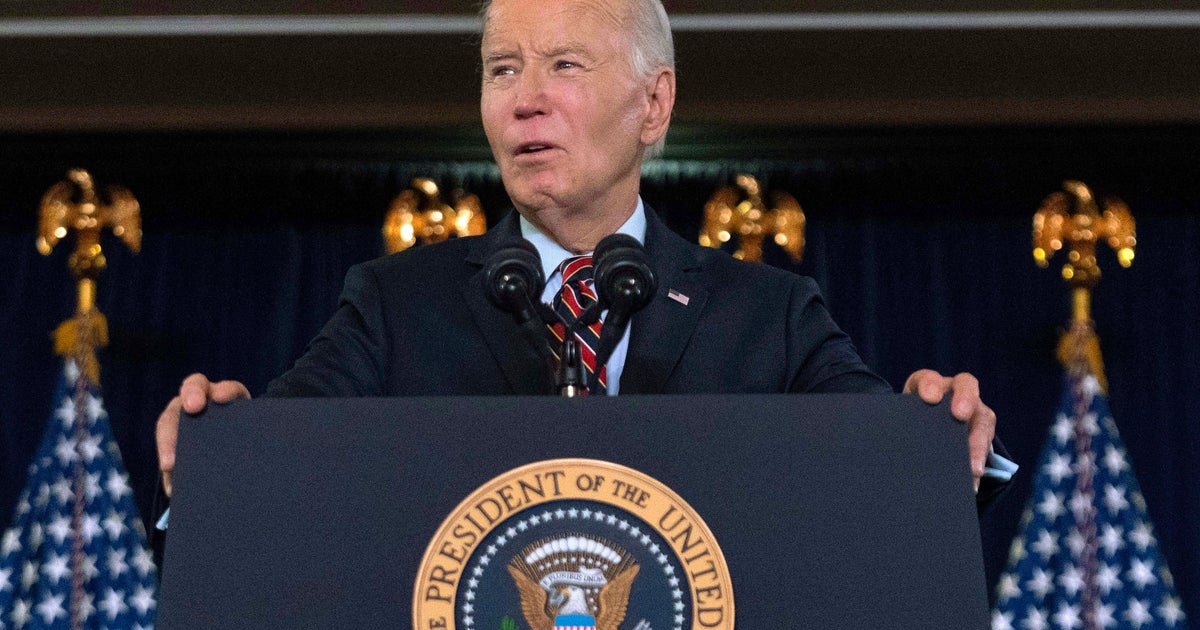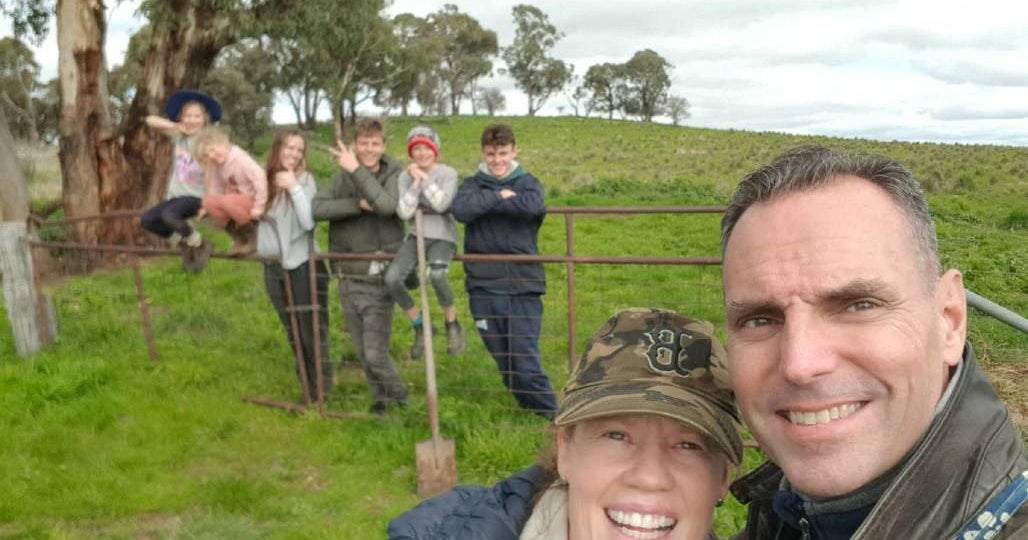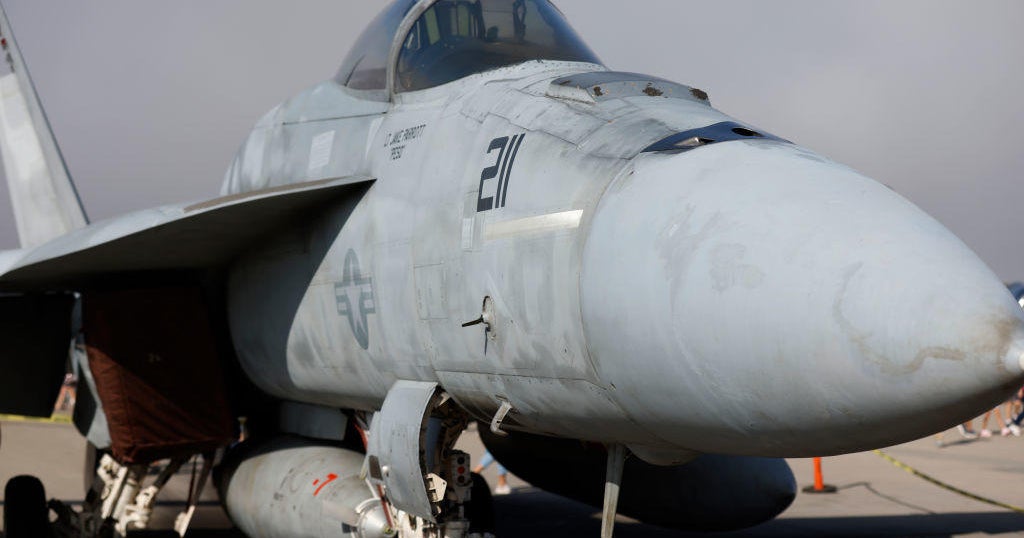Hong Kong protests paralyze one of Asia's busiest airports as China cracks down
Hong Kong — Violent clashes between protesters and law enforcement in Hong Kong over the weekend left blood spilled and led to mass arrests, and on Monday morning the continuing standoff virtually shut down one of Asia's busiest airports. Hong Kong's Airport Authority said all flights not already checked in for departure, and all scheduled incoming flights not already in the air would be cancelled.
The dramatic shutdown came as dozens of protesters, demonstrating against what they consider the central Beijing government's efforts to assert more control over the semi-autonomous city, filled the arrivals hall at Hong Kong International Airport.
In a statement, the Airport Authority said it would "work closely with its business partners with a view to resuming normal airport operations as soon as possible. Affected passengers are reminded to pay attention to the latest flight information through the airport's website and the 'HKG My Flight' mobile app."
China claims "signs of terrorism"
Monday was the fourth day in a row that the protesters have occupied the arrivals hall. Officials said there could be as many as 5,000 demonstrators inside the terminal.
CBS News producer Chris Liable said the airport protest was peaceful, but Chinese authorities have already started taking a harder line against the demonstrators after months of unrest, with tension still escalating on the streets.
The office that handles Hong Kong affairs for China's government alleged in a statement on Monday that "radical demonstrators" had "repeatedly attacked police officers."
"They have already constituted serious violent crimes and have begun to show signs of terrorism. This is a gross violation of the rule of law and social order in Hong Kong and a serious threat to the lives of Hong Kong citizens. It is a serious challenge to the prosperity and stability of Hong Kong. Such violent crimes must be resolutely cracked down in accordance with the law, without any ruthlessness," the statement from Beijing said.
CBS News correspondent Debora Patta said nearly 50 people were treated for injuries Sunday after police used tear gas and rubber bullets to disperse crowds in downtown Hong Kong.
Increasingly violent crackdown
Another protest was planned for Monday outside police headquarters in the city. She said many Hong Kongers' fear of the police had turned to loathing after a weekend that saw authorities get a lot tougher in their crackdown on the protesters.
A flash mob-style protest exploded across the city on Sunday as demonstrators played cat and mouse with the police. Using hit and run tactics, protesters emerged from subway stations, set up barricades, blocked roads, then quickly retreated to different locations.
Most of those on the frontlines of the protests are young students, including 18-year-old Vincent Chong. Instead of playing basketball this summer, he's been choking on tear gas, and has seen the inside of a police cell after being arrested. But he was back on the streets again Sunday night.
"I don't think I'm doing the wrong thing," he told Patta. "Even (when) the police arrest me, I think I'm doing the right thing then."
The past few days have seen a much tougher police response. Patta said the police tactics on the streets had definitely changed; they have been moving in a lot quicker to break up demonstrations, appearing a lot more determined, and using a lot more force.
As one rally grew, riot police advanced on the protesters from three different directions, leaving them nowhere to run. On another occasion tear gas was fired at point blank range in an underground train station, sparking terrifying stampede.
Police disguised as protesters turned on the demonstrators. One young man begged for mercy as he was pinned down; "I'm terribly sorry," he shouted. "Please don't press on me. I understand I've been arrested."
A woman was hit directly in the eye with a bean-bag round filled with pellets. Her injury has become yet another potent symbol for the protesters, with many, including inside the airport, donning fake bloodied eye patches in solidarity.
Patta said that as the injuries have mounted, so too has resentment. What began as a simple protest against a now-shelved law on extraditions of criminal suspects to mainland China has metastasized into a full-blown hatred of the police.




